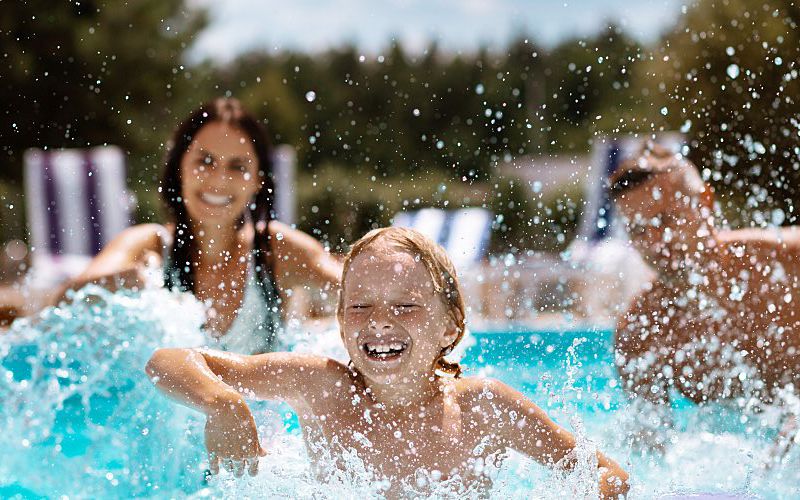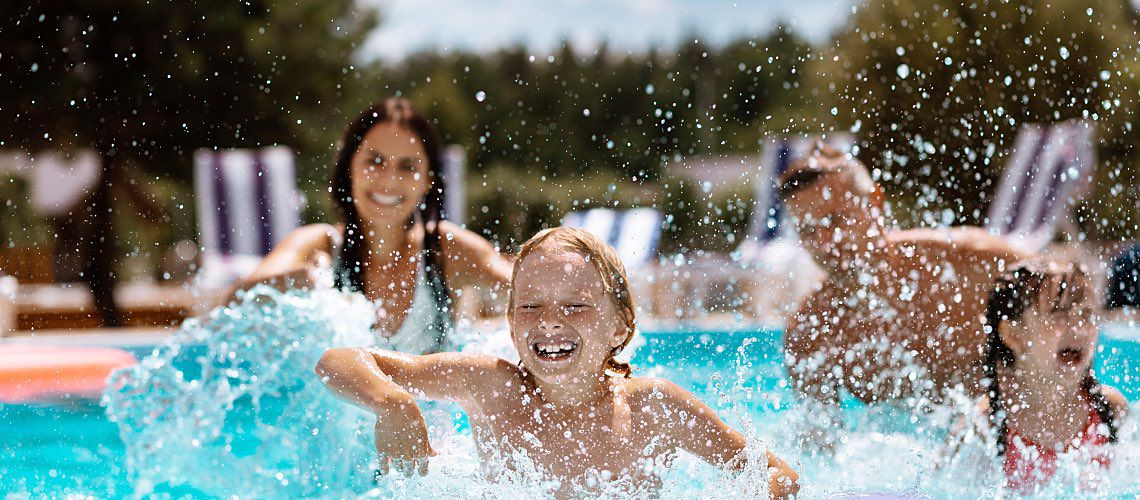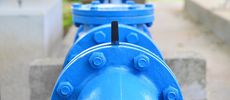Chlorine Shortage Hits Water Utilities and Pool Operators


A recent chlorine shortage has threatened safe drinking and pool water throughout the U.S. But why is there a shortage, and how will this impact public drinking water facilities and pool managers? Read on for a review of the underlying causes and information that can help you address the issue.
Failing Manufacturing Facilities
The chlorine shortage resulted from a fire in the wake of Hurricane Laura in Louisiana in 2020 and an electrical outage in Longview, Wash., in June 2021.
On Aug. 27, 2020, a fire swept Bio-Lab, the Louisiana chemical plant that produces most of the nation's chlorine tablets, according to the Washington Post. Although the company is rebuilding, tons of chlorine tablets were destroyed during the fire. In response, some pool owners stockpiled tablets while others faced a dearth, and all will certainly face higher chlorine prices, WebMD reported. This has left private and community pool owners and operators wondering how to keep their pools clean and safe.
To further compound the issue, an electrical failure hit Westlake Chemical in Washington on June 25, 2021. Westlake manufactures and delivers chlorine to water and sewer facilities in the state, as well as in Oregon, Idaho, and northern California. The outage created a shortfall of chlorine used to disinfect drinking water.
Disinfecting With Chlorine
The impact of a chlorine shortage presents your clients with a dilemma: How can they prevent harmful bacteria growth, including E. coli, salmonella, and other germs, in drinking water? The danger carries over to pools where swimmers — especially children — unintentionally swallow water. Using a disinfectant such as chlorine protects everyone.
When added to water, chlorine undergoes several steps. First, chlorine reacts with organic and inorganic materials, metals, and other compounds. Some of the remaining chlorine interacts with molecules that contain nitrogen, creating weak disinfectants. The free chlorine left over serves to inactivate disease-causing organisms and increase the potability of the water.
The National Primary Drinking Water Regulations spell out the standards and treatment techniques that apply to public water systems. In turn, the Environmental Protection Agency (EPA) determines the rules for disinfectants like chlorine and their byproducts.
The presence of free chlorine in drinking water indicates that enough was added to inactivate bacteria and some viruses that cause intestinal diseases, according to the Centers for Disease Control and Prevention. In addition, chlorine helps prevent re-contamination during storage.
Ensuring Safe Drinking Water
Public drinking water facilities implemented several measures to manage the shortage. For example, cities in Oregon with larger chlorine supplies agreed to share with cities experiencing a shortage. In addition, some systems use more chlorine than necessary for disinfection, so it was possible for these cities to cut back on the amount of chlorine used and still comply with EPA standards for safe drinking water.
Some utilities also recommended that customers use water only for drinking, cooking, and bathing. They discouraged outdoor use, such as watering lawns, filling pools, and washing cars. Given the drought conditions in much of the West, these are key guidelines that already exist for many of your residential and business customers.
Facing a Continued Shortage of Tablets
The Westlake plant resumed production in late June, thanks to the donation of an electrical transformer by the North Pacific Paper Co., the Associated Press reported. Although customers may still experience a backlog, utilities will be able to deliver safe drinking water to customers.
But the shortage of chlorine for pool water continues. Although other chemicals and products can improve water quality, none work quite as effectively as chlorine. With chlorine tablets in short supply, many pool owners have turned to liquid chlorine, according to CBS Los Angeles. Yet liquid chlorine declines rapidly in hot weather — and it is also the top choice for large public pools, compounding their shortage.
Bio-Lab plans to rebuild and expand production of pool chlorine tablets, according to The Advocate, but customers won't see the benefit until well after the plant reopens in May 2022.






